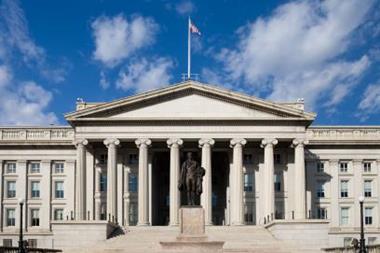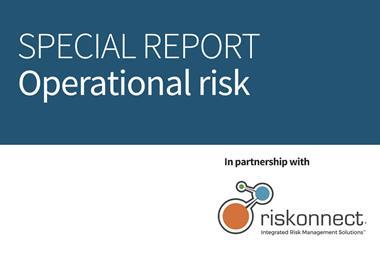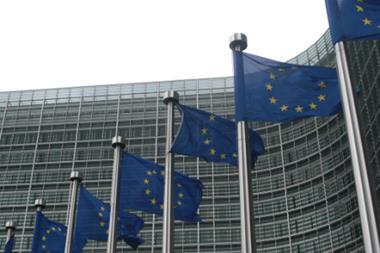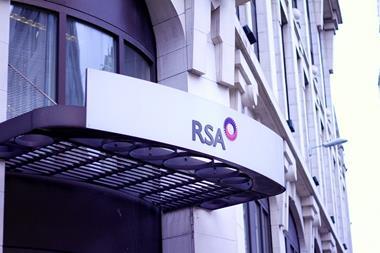P&C insurers should not be allowed to access the US government funds set aside for the banking bailout, said Chubb in a letter
Property and casualty insurers should not be allowed to tap the US government’s banking bailout because it would give them an unfair advantage, said Chubb in a letter to the Treasury Department.
As part of the Emergency Economic Stabilization Act, the US Treasury set aside $250m in a capital purchase programme (CPP) designed to inject liquidity into the financial system and help ailing banks.
In the letter to Treasury Secretary Henry Paulson, Chubb’s vice chairman and chief operating officer John Degnan said: ‘We do not believe that allowing property and casualty insurance companies to participate in the CPP is consistent with the stated purpose of the Act.’
According to Chubb most insurers in the P&C industry are well capitalised and do not present any systemic risk to the economy. AIG required a federal bailout because it was deemed to pose a systemic risk but only because of its non-insurance activities, claimed the letter.
The letter urged Paulson to consider the anti-competitive impact of bailouts on the industry.
‘If P&C insurers are allowed to participate in the CPP, they would have a competitive advantage as a result of their obtaining capital at a cost below that available to other competitors through the private sector,’ said the letter.
‘This would be particularly unfair to the companies such as Chubb and other insurers that, as a result of prudent business practices and conservative investing, do not need to avail themselves of the government bailout,’ the letter added.
‘Participating insurers could try to use the competitive advantage afforded to them by the low-cost CPP capital to build their market share,’ warned Degnan.
Instead Chubb called for urgent ‘regulatory modernization’ of the insurance industry. ‘Our industry would operate much more efficiently without the constant changes to products, prices and practices foisted upon us by 50 separate state legislatures and 50 regulators,’ claimed the letter.




















No comments yet